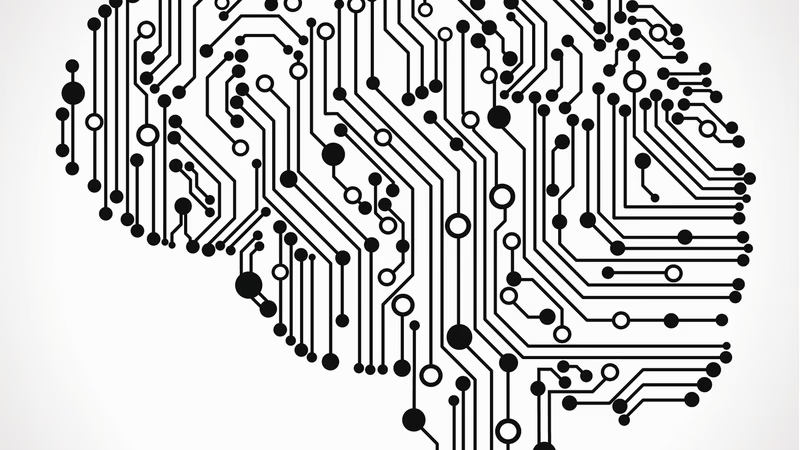Key Takeaway
Knowing when to use Specialized vs Generalized AI large language models for legal applications
Introduction
In recent years, the rise of generative AI systems like ChatGPT and Claude has taken the world by storm. These advanced language models can engage in human-like conversations, answer questions, and assist with a wide variety of tasks. Their versatility and ease of use have made them attractive to businesses looking to leverage AI to improve efficiency and productivity. However, while these general AI systems are undeniably impressive, they may not always be the best choice for businesses in specialized industries such as law, medicine, and accounting. In many cases, these fields could benefit more from AI models specifically tailored to their unique needs and challenges.

The Limits of General AI
General AI systems like ChatGPT, Claude, Llama are designed to be jacks-of-all-trades, capable of handling a broad range of tasks and topics. While this versatility is a strength in many contexts, it can also be a weakness when it comes to highly specialized domains. These systems lack the deep domain knowledge and understanding of nuances that are crucial in fields like law, healthcare, and finance.
For example, consider a law firm using a general AI system to assist with legal research and contract review. While the AI may be able to provide some useful insights and suggestions, it may struggle with the complex legal jargon, precedents, and reasoning that are second nature to experienced lawyers. Similarly, in healthcare, a general AI system may be able to provide basic medical information but could make errors or give nonsensical outputs when dealing with rare diseases or complex patient histories.
The Power of Specialized AI
In contrast to general AI, specialized AI models are designed from the ground up to master a specific domain. These models are trained on massive datasets directly relevant to their field, allowing them to encode deep domain expertise and knowledge. By focusing on a narrow area, specialized AI can achieve much higher accuracy and reliability than general AI when working on tasks within its domain.
One example of specialized AI is RAGS (Runtime Augmented Generation), a generalized AI which is fed domain specific information at runtime. RAGS can be trained on a legal documents, case law, and regulations, giving them deep understanding of legal concepts and principles. This allows it to provide highly accurate and relevant assistance with tasks like legal research, contract review, and regulatory compliance.
Similarly, in healthcare, specialized AI models like those used for medical image analysis or drug discovery are trained on huge datasets of medical images, patient records, and scientific literature. This enables them to identify patterns and make predictions with a level of accuracy that general AI simply cannot match.
When General AI Could Be Useful

Despite the limitations of general AI in specialized domains, there are still many situations where it can be a valuable tool for businesses. For tasks that require general knowledge and skills, such as writing, research, data analysis, and basic customer support, general AI systems like ChatGPT, Claude, or Llama can provide significant value and efficiency gains.
Additionally, general AI can be a powerful assistive tool when paired with human domain experts. By handling routine tasks and providing initial insights, general AI can free up experts to focus on higher-level, strategic work. As general AI systems continue to improve and evolve, their ability to meaningfully assist experts will only grow.

Conclusion
For businesses in specialized industries like law, medicine, and finance, the choice between general AI and specialized AI is an important one. While the versatility and ease of use of general AI systems like ChatGPT and Claude are appealing, the deep domain expertise and accuracy of specialized AI models often make them a better choice for mission-critical or highly specialized work.
As businesses navigate the rapidly evolving landscape of AI, it’s crucial to carefully consider the specific needs and challenges of their industry. By prioritizing the adoption of specialized AI tailored to their domain, businesses can unlock the full potential of these powerful technologies while mitigating the risks and limitations of general AI.
That being said, general AI will continue to advance at a breakneck pace in the coming years. Businesses should closely monitor these developments and be ready to incorporate general AI as an assistive tool alongside specialized models and human experts. By finding the right balance between specialized and general AI, businesses can position themselves for success in the age of artificial intelligence.
